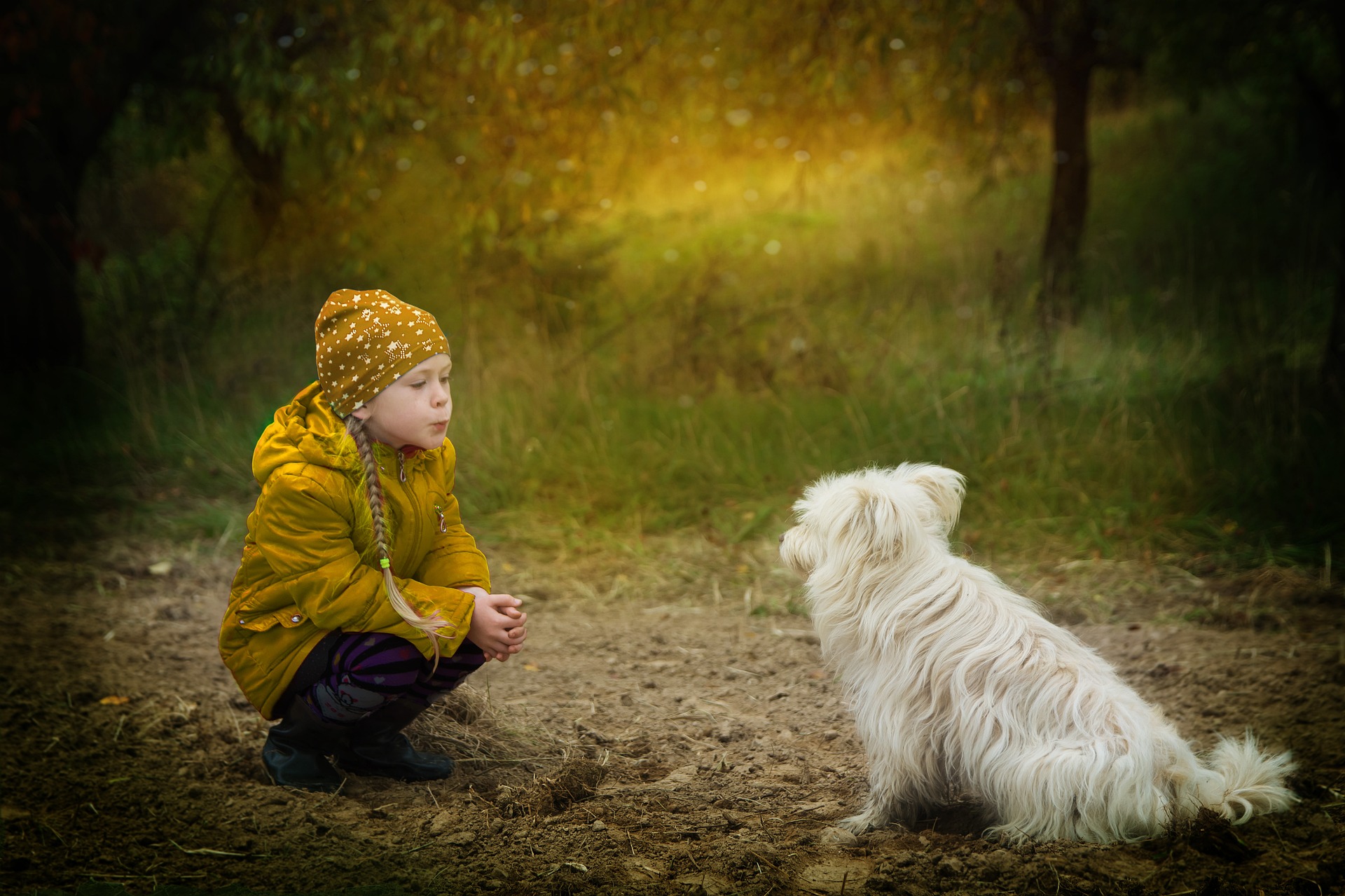I marvel over how much progress that’s been made in the study of human development since I was your age. “Benign neglect” might have been the most flattering term to describe the prevailing parental approach to social and emotional development at that time. The more hands-off approach to parenting sometimes meant I felt like a gladiator in a Roman Colosseum, where lessons were hard-won and only after running a gauntlet. Some figured out survival faster than others, and only sometimes mimicking (or avoiding) what others did . The best thing you can say about that particular approach is that it’s what was known, and what “worked” for countless generations.
My generation still seems to have an ambivalent feeling about the effects of that type of upbringing. We say we wish for a time where our own kids could also have long unsupervised blocks of time to explore and grow into. But we conveniently forget our own scars. Or think of them as both necessary and sufficient to adulthood. We shrug and say “Hey, I turned out fine!”
But we can do better.
I suspect that we’re still in the bronze age when it comes to our understanding of how youth develop. But we’re still light-years ahead of what was available to my parents and the generations previous. Yet even with that knowledge, there seems to be this persistent feeling that there are certain skills that should and do come naturally to children. Relating to other kids.Making friends. Sharing.
We’re all-in when it comes to finding resources to develop personal skills, but we still approach interpersonal skills with a “throw kids together and see what happens” mentality. Why do we think that we should intuitively know how to relate to others in a positive and proactive way?
Back in middle school I spent much of my free time at the library. I was convinced that everything I needed to know could be found there, so in my loneliness I looked for a book on how to make friends. I was bitterly disappointed to find nothing available to me, only academic texts on the psychology of relationships that weren’t particularly accessible. The closest thing I found was a cartoon-version of “I’m Okay, You’re Okay”, a classic self-help book. Not that helpful, though.
I suppose I figured it out eventually, albeit only after a clumsy and frustrating time. Even now – at 43- making friends is somewhat of a mysterious alchemy that feels like I need to work harder at than others do. Might have it been otherwise with some gentle instruction or direction early on? Perhaps. Or maybe I was always destined to be awkward.
When you grow up you might wonder about all the ways that your mom and I could have done better in providing you more guidance and support than we did. Or maybe you’ll decide that we were overly directive. All I hope is that you find that navigating interpersonal relationships to be slightly less challenging than I did, and that you know – just like with your homework -that it’s natural to need help.
